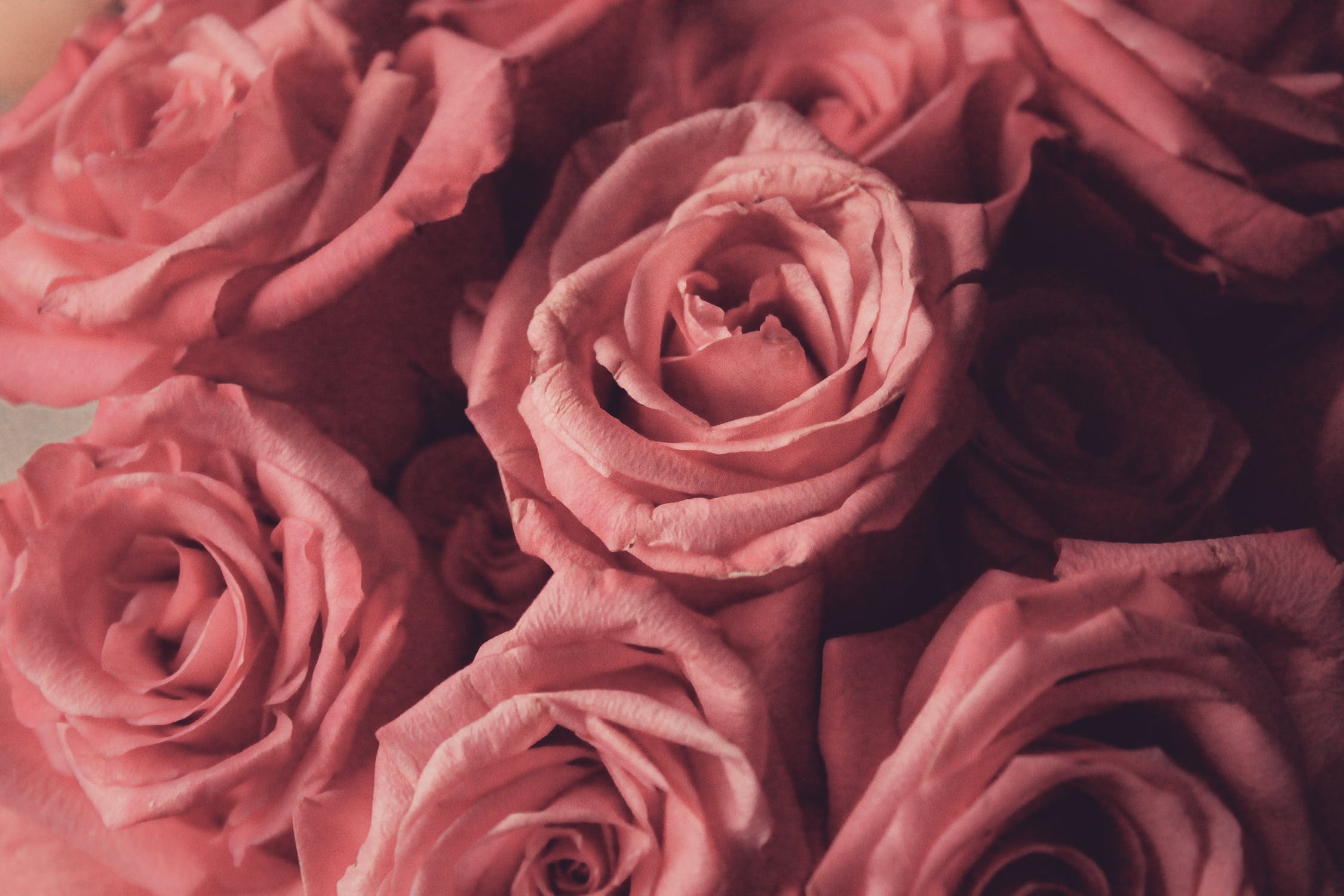
By Dr Pilar Rojas Gaviria
Department of Marketing, University of Birmingham
The room is empty, And the window is open – Charles Simic
Belgian chocolates, exotic fragrances, everlasting roses, special dinners, the list is endless of conventional products, experiences and rituals in which some of us will be immersed in this coming Valentine’s Day. As we prepare for this celebration of love, we are prompt to indulge our senses in consumption excesses. Seeking to please and manifest our unconditional love for others or even ourselves, for those cases of ‘self-partnering’ that Emma Watson has now famously institutionalised.
Contemporary expressions of love are more and more mediated in the marketplace with its capacity to induce daydreaming amongst those vulnerable consumers in love. The romantic atmosphere of the market seduces us with possibilities, illustrating the flavours, smells, textures, and sounds of love and romance. This has been amplified in high streets across the UK after they were criticised in 2017 for not offering enough inspirational gift ideas and producing boring consumption experiences. After a difficult 2019 in which the political uncertainties deprived retailers of seasonal joys, there is a lively and hopeful retail scene for Valentine’s Day in the air this year.
Amid this romantic atmosphere, we should reflect on one invisible actor, to whom we give few sentimental considerations, our money. Philosopher, Georg Simmel in his book The Philosophy of Money, reflects on the “unlimited possibilities for the utilisation of money” and how “the choice it offers is a bonus which increases its value” (Simmel p.212). Simmel’s allusion to money expresses the romantic potential of unspent funds. When money is about to be spent, we can savour the options that are there for us, envision the multiple possibilities we have. Unspent money holds the potential to be invested more meaningfully, and sometimes, makes us realise that some of our impulsive purchases are not even needed. The endless possibilities of how we could use our money maximise its idealised romantic value and makes us dream about better future investments. On the other side, when our money is spent, its endless potential to incentivise our imagination is narrowed to our one specific choice (Varul 2009).
Popular retailers exhibit strategies to re-enchant consumers with the magic of Valentine’s Day. Some may decide to leave open a window of possibility, and reserve their money for another occasion, extending in this way its romantic value. Others may succumb and leave the commercial retail space with their bags full, sometimes regretting their decision, or many times assured they have made a fine and necessary choice.
Appreciating the romantic value of money may help us to reflect more and postpone the consumption experience, to make it rarer and more selective. This delay on consumption may allow us to extend enjoyment, savour more life moments, and take the time to recover from the Christmas marathon we recently completed. This behaviour may resist for a moment the man of speed “hommo currens” as defined by the Italian sociologist Franco Cassano, that characterises our modern society. Always on a hurry, never fulfilling long to-do lists.
So, this Valentine’s Day, may we decide to give Cassano’s proposal a try and go slow. May we replace our Valentine’s consumption with small acts of kindness by giving our time and full attention to ourselves and the ones we love. Wouldn’t that be romantic?
No matter which way you find yourself going on this Valentine’s Day, I wish you all a very romantic day!
References
- Georg Simmel, The Philosophy of Money.
- Franco Cassano, Southern Thought and Other Essays on the Mediterranean.
- Matthias Zick Varul, The Eccentricity of the Romantic Consumer: Campbell, Simmel, and Plessner.
- More about Dr Pilar Rojas Gaviria at the University of Birmingham
- Back to Business School Blog
- Read more on the “Romantic Potential of Money: When Credit Becomes a Gift” (2019), by Domen Bajde and Pilar Rojas Gaviria in Gifts, Romance, and Culture
